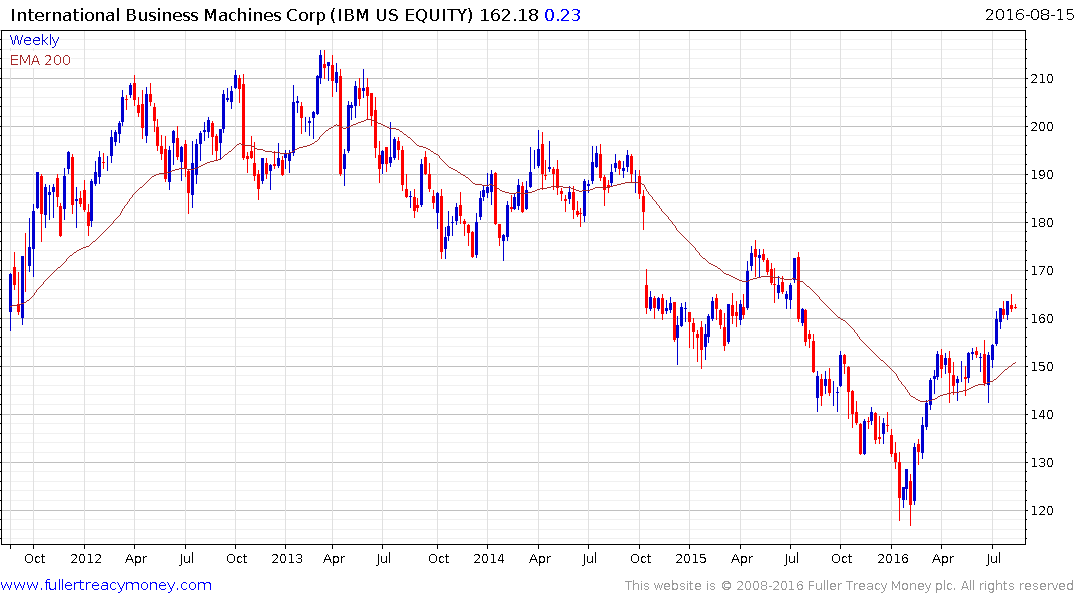China's Latest Leap Forward Isn't Just Great It's Quantum
This article by Josh Chin for the Wall Street Journal may be of interest to subscribers Here is a section:
“We’ve taken all the good technology from labs around the world, absorbed it and brought it back,” Mr. Pan told Chinese state TV in an interview that aired on Monday.
With state support, Mr. Pan was able to leapfrog his former Ph.D. adviser, University of Vienna physicist Anton Zeilinger, who said he has tried since 2001 to convince the European Space Agency to launch a similar satellite.
“It’s a difficult process, which takes a lot of time,” said Mr. Zeilinger, who is now working on his former student’s satellite.
Neither Mr. Pan nor the Chinese Academy of Sciences, which is directing the project, responded to requests for comment. The European Space Agency and the U.S.’s National Science Foundation, which provides federal funding for basic American science research, also didn’t respond to requests for comment.
China’s investment in the field is likely being driven in part by fear of U.S. cyber capabilities, said John Costello, a fellow at Washington, D.C.-based New America specializing in China and cybersecurity, pointing to 2013 disclosures that the U.S. had penetrated deeply into Chinese networks. He also noted that U.S. institutions are researching how to build powerful quantum computers theoretically capable of shattering the math-based encryption now used world-wide for secure communication. “The Chinese government is aware that they are growing particularly susceptible to electronic espionage,” Mr. Costello said.
However, quantum communication is defensive in nature, he noted, and wouldn’t benefit from what the U.S. has identified as China’s state-sponsored hacking program.
Quantum encryption is secure against any kind of computing power because information encoded in a quantum particle is destroyed as soon as it is measured. Gregoir Ribordy, co-founder of Geneva-based quantum cryptography firm ID Quantique, likened it to sending a message written on a soap bubble. “If someone tries to intercept it when it’s being transmitted, by touching it, they make it burst,” he said
Protecting quantum data from corruption from outside influences such as radio waves, light and electromagnetic fields represents a significant challenge to creating working prototypes. The result is that a great deal of research is going into different ways of using light to transport information. The launch of a satellite using quantum data is an interesting proposition and if it does indeed work it would represent a proof of concept for additional research which does have cybersecurity uses.
IBM has one of the largest working prototypes of a quantum computer in the private sector and together with its Watson deep learning engine is attempting to transition the company away from hardware into a cloud / machine learning as a service business model.

The share (Est P/E 12.03, DY 3.45%) rallied from early this year to break a three-year progression of lower rally highs and broke out of a three-month range in July to reassert medium-term demand dominance. A sustained move below the trend mean would now be required to question medium-term scope for continued upside.


